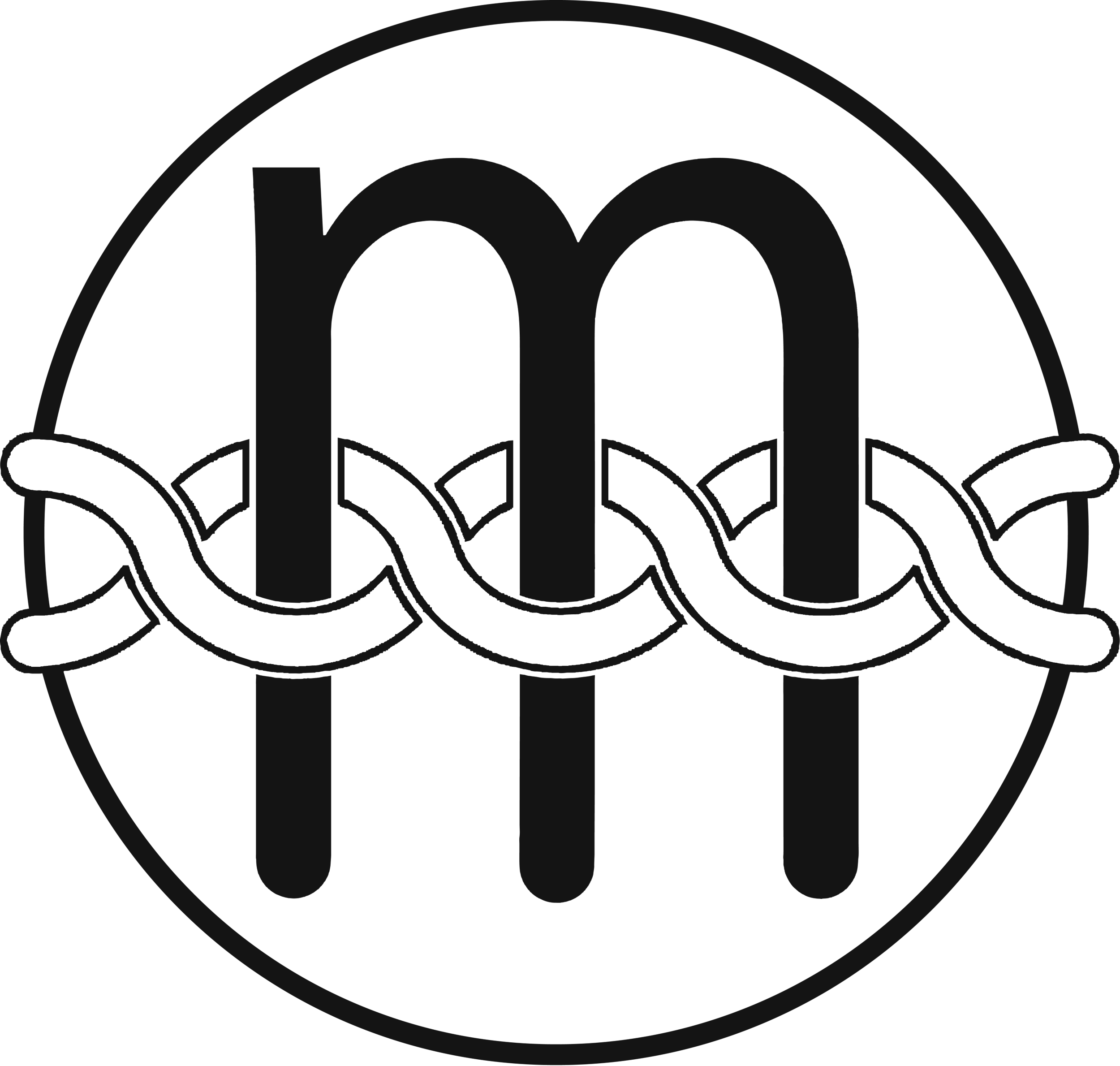Unintentionally hijacking people’s voices and narratives on social media
Dear White people;
These following posts are a series of thought and options I think we need to consider. I consider myself both the writer and the recipient of these ‘letters.’
Unintentionally hijacking POC’s (People of Color’s) voices and narratives.
I do this, we do this. I try not to, I struggle with it in my art. I try to correct myself and ask myself if I am doing this, and other times I am so unaware of doing it I can’t ask myself that question. I want to give voice to and an entry way into discussing divisive social issues in my art including race. I don’t want to tell someone else story or experience, but I want to shine a light on them, and for white people to find a way to approach issues they may not have considered deeply in their lives. I’m not where I want to be with that in my art, but I am trying. I think that is the most important think we can be doing, activity working towards a goal and learning as we head in that direction.
Sometimes as white people we hijack the narrative of other while trying to be helpful. We can empathize and we can have had some similar or one off experiences which open us up to knowing what it feels like to be profiled or judged only on our outward appearance, but what we can’t know is the ongoing daily bargemen of those experiences and we can’t know the added and compounded weight of these injustices that are being passed down generation to generation.
As white people once we get into something we get way into it, sometimes a little too into it. We can forget we are supposed to be the support and not the lead, that we are not supposed to be the loudest voice, but support the voices that haven’t been heard. It is hard, our whiteness and culture has been projected as the norm and we have been raised in it so we assume that role of control and leadership when there are times and spaces we should not be doing that.
Some small things we do in this current world that we may not have considered as overtaking another’s voice or narrative are as follows. We share a post of a another person who screen shot a really potent observation or quick history context to the current situation. In our repost or sharing of the post we then add the cringe worthy words ‘This.’ This what? This you agree with, this you think is wrong? It doesn’t really amplify the original post, original author’s point or voice. We loose who they are, and we loose their voice. I’m not saying don’t share the tweet or the post, but give it some context. Give the author some credit. Why did this hit a cord with you so much that you felt it should be shared? Be honest if it presents something you hadn’t considered or if it embodies something you aim to strive for, how or what you understood the post to mean. Give the author a shout out, tag them, maybe share that they are a activist in this area doing this or a historian in this area of study. Encourage friends to follow them.
Another thing we do which is worse. Is take said original post and type it into our feed as if we had come up with the words and thoughts on our own. Maybe it says what you want to say, but give the credit to where it is due, to its original owner. We want to come across as smart and aware, but doing this is just outright stealing.
Misquoting or misusing Civil Rights Leader’s or other historical figures words. Take sometime to look at the context and time they said what they said. Also don’t take the ‘If [historical figure] was here they would . . .’ Did they tell you what they would do in this situation? Did you find a journal of their thoughts on what they would do if this situation happened? Probably not, so don’t call them up into your speeches and posts unless you know the context and have that quote correct.
Now there are a whole lot of other things white people do to hijack voices and narratives, but these are a few small ones that are easy for us to work on when we take a few more moments to think and possibly write a bit more before we post. Because you aren’t talking to the POC’s on your feed you are talking to the other white people, normally you need to break their protective shell about a new or differing idea from their own, so sharing more of how you came to where you are is helpful. It can give them a way into learning what you yourself have been learning and do so without overpowering the voices you want to highlight and support. Your own words in understanding, what you are learning/have learned and why people should listen to other’s voices. I think that this is one way to amplify and not hijack, I could be wrong. I don’t put myself out there enough to know how well this works. Like I said these ‘letters’ are as much for myself as for all of you.
For opening yourself up to hearing other peoples voices I am going to recommend a podcast called Black Agenda Radio. (This is a newer discovery to me too.) They have hour long weekly podcasts that capture current events and present voices and perspectives you may not have thought about. Open up and listen, think about it, and then listen to it a second time.

